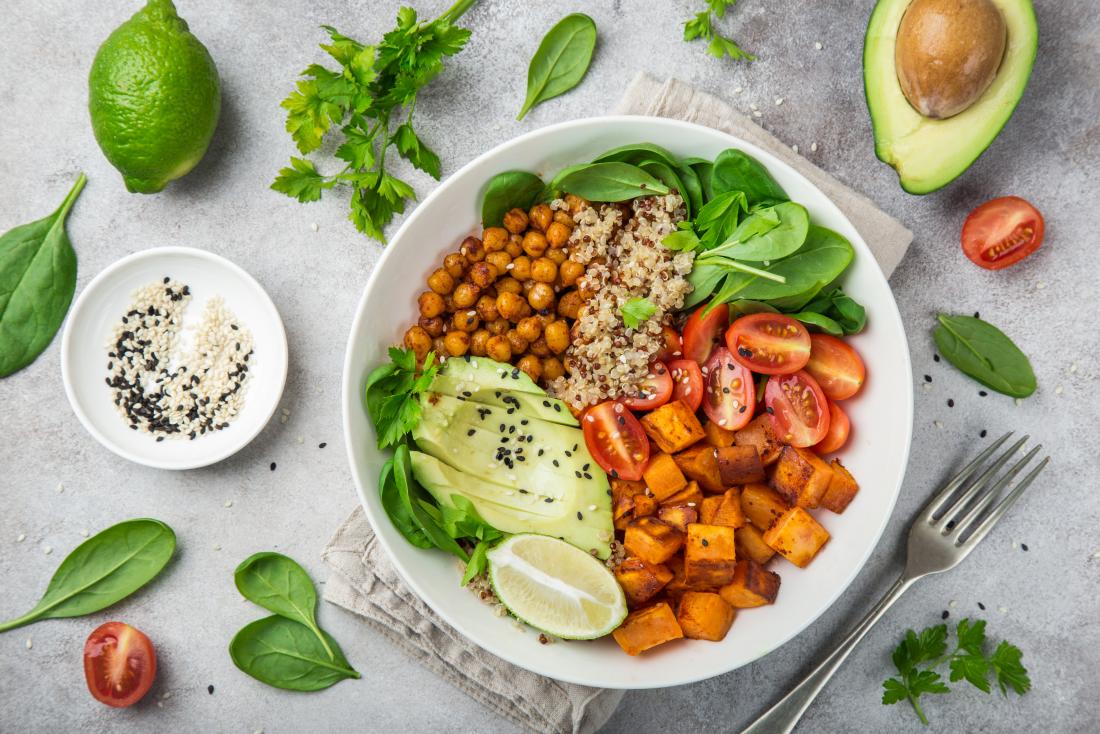Consuming fewer calories is one obvious way to help lose pounds, but it’s easier said than done. Even with the best intentions, eating habits can quickly fall off track when life gets busy or we get distracted.

But there are some things that can help promote healthier, more consistent eating habits. Being more mindful about your eating habits and planning meals in advance can set the foundation for a successful weight-loss plan. You can also incorporate science-supported supplements, such as naltrexone through Wayt-less, that may help control appetite and reduce cravings.
Here are some simple things you can start doing today to help control meal portions and encourage weight loss.
1. Snack Smart
Eating small portions of healthy snacks throughout the day can help keep your energy levels consistent, and prevent you from overeating at mealtimes.
One trick to add is to always use the same bowl or container for snacks. Your “snack bowl” should be small to ensure that you consistently eat the same, reasonable portion.
2. Take Your Time
If you are always the first one at the table to finish off your plate, it could be a sign that you’re eating too fast. Practice slowing down and savoring each bite. Being more mindful about the process of eating a meal will help you track the amount of food you’re eating, and will help you know when it’s time to stop.
When you finish your plate, take a few minutes to pause and listen to your body. Are you full? Do you really need a second helping or did you eat enough? Simply slowing down and being intentional about portion size will help prevent eating more than your body actually needs. Working with medical weight loss clinics can help you determine any triggers and the best way forward for your weight loss.
3. Drink More Water
Staying well-hydrated throughout the day not only benefits your health in general, but drinking water can also help you lose weight. Make sure you’re sipping on pure water or other zero or low-calorie beverages, and avoid sugary soda or fruit juice that can actually make you feel more hungry.
If you drink water right before a meal, it can also help you feel more full and reduce the likelihood of overeating.
4. Chew Gum
If it’s the sugar-free kind, chewing gum can actually be good for your health. Chewing gum can make you feel more full, reduce appetite, and since your mouth (and brain) is occupied by chewing gum, you’ll be less likely to reach for unhealthy snacks.
5. Make a Weekly Meal Plan
Creating a meal plan for the week ahead is a great way to make sure you always have healthy meals on hand and ready to go and will prevent those spontaneous pizza delivery nights when you don’t know what to cook.
Get all the ingredients you need for the week ahead, decide exactly which meals you’ll have each day for lunch and dinner, then do as much prep work as possible ahead of time to make it as easy and stress-free as possible.
Incorporating a few of these tips can help keep your healthy eating plan on track, increase mindfulness around your relationship with food, control portion size, and make the process of meal planning and cooking more enjoyable.